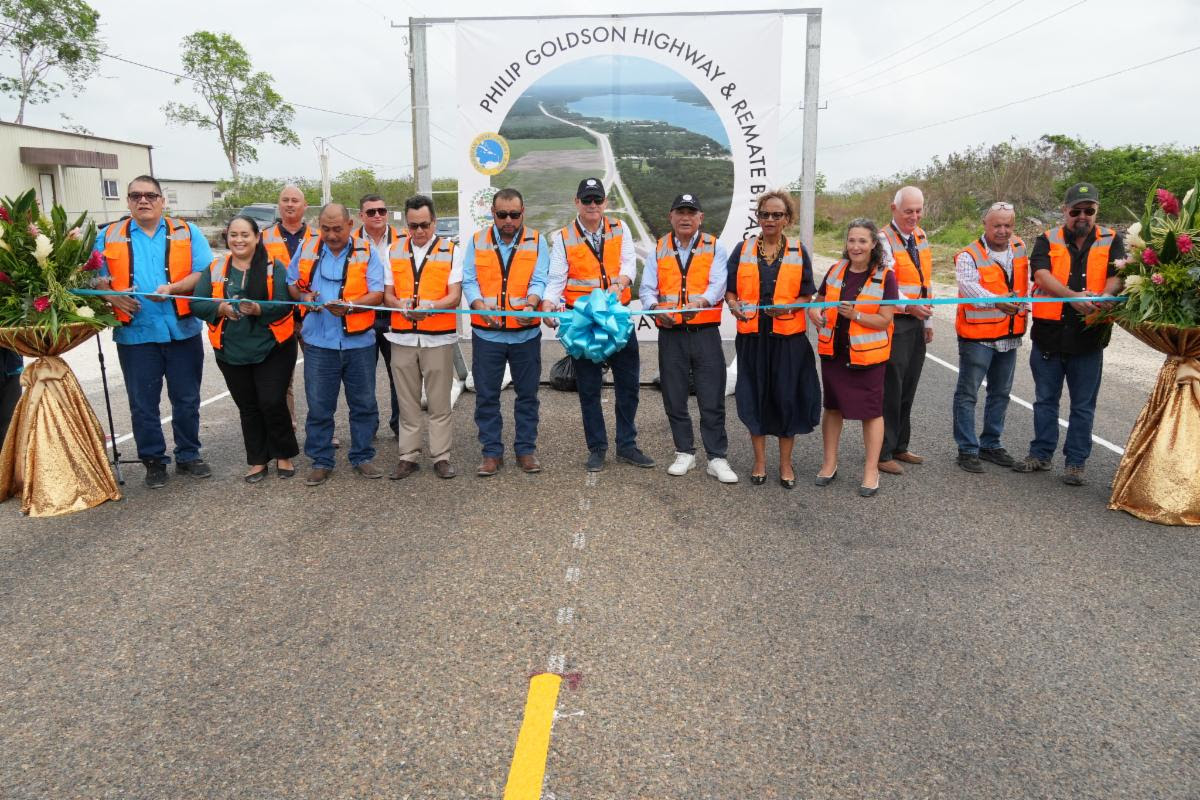There is a growing need for keeping our world fed with limited and diminishing resources. Water availability and utilization plays a key role in food production, as all life runs on this natural resource.
Climate change has also continued to be a main driver in water management when it comes to sustainable agriculture production and nutrition security. Conventional agriculture methods have worked for us in the past but as our population and demands increase, so does the importance of the management of water.
For instance, in conventional agriculture systems, the flood or spray/sprinkle systems are used but do not guarantee nor optimize the water that is given to crops.
Healthy soils are very important to water conservation through recycling and maintaining a proper ecological balance. For example, well maintained healthy soils are able to absorb and hold more water for its intended purpose better than undernourished and abused soils.
In addition to the previous point, the abuse and misuse of fertilisers and pesticides and crop farming methods have also contributed to depleted soil health. There are many simple and effective solutions to water management and conservation. They are as follows:
HYDROPONICS: The use of hydroponic methods (E.g. soilless growth mediums) and direct drip irrigation has proven to use much less water and been able to recycle the nutrients given. There is an additional benefit of using this method, as it optimises space more efficiently.
PROTECTED AGRICULTURE: The implementation of protected agriculture systems such as greenhouses/indoor farming has also been able to combat the negative environmental conditions of excessive sunlight, floods, humidity and wind flow.
WATER CATCHMENT: Capturing and storing water in ponds on site can also be helpful as this system does not compete with household needs and requirements. This method of storage also contributes positively to the maintenance of local flora and fauna balance.
DROUGHT TOLERANT VARIETIES AND SPECIES: Usage of drought tolerant crops and tropically adapted livestock species. Choosing these varieties and breeds/types will help farmers manage their water usage as these crops and livestock will be better suited for the environment.
DRY FARMING: Practicing dry farming is a method of water conservation that has not yet been fully explored locally. This method is performed simply by cultivating crops on the land and using the last of its moisture without adding any additional sources. The crop production quantity is much less than the irrigated fields, however, the product taste is enhanced under these growing conditions.
ROTATIONAL GRAZING AND FODDER MANAGEMENT: Rotational grazing as a fodder management strategy also aids in the proper management of water for domestic livestock production. Adequate grazing allows the pastures to increase absorption and decrease runoff of surface water which indirectly makes the pastures more drought resistant.
COMPOSTING AND MULCHING: Compost usage and mulching also positively aids in conservation of water in crop production. Using raw materials like crop by products/organic waste, compost is made. Mulching is the action of using such materials to increase the retaining of water, especially in commercial crop production systems.
CROP COVER: Cultivating cover crops and trees that add to the soil microflora such as tropical legumes also have great contributions to land spaces that are not heavily utilised. For instance, fodder crops such as Trichanthera, Leucaena, Mulberry, Gliricidia and Acacia are used in such systems with the added benefit of feeding livestock as a non-conventional feed resource.
CONTOUR PLOUGHING: Contour ploughing and harvesting is a traditional technique used to conserve not only the water absorption on the soil surface, but to prevent excessive runoff, erosion and eutrophication.
CONSERVATION TILLAGE: Conservation tillage is also another traditional technique that used specialised ploughs to leave approximately 30% of the vegetative crop residue on the soil surface. This method is similar to the more modern method of conservation agriculture, “No till farming”.
Water conservation and management is very crucial to understand and implement in our agriculture systems, as our populations grow and our need for fresh food and water is increasing in demand.
Riyadh Mohammed is an Agricultural Consultant based in Trinidad and Tobago




